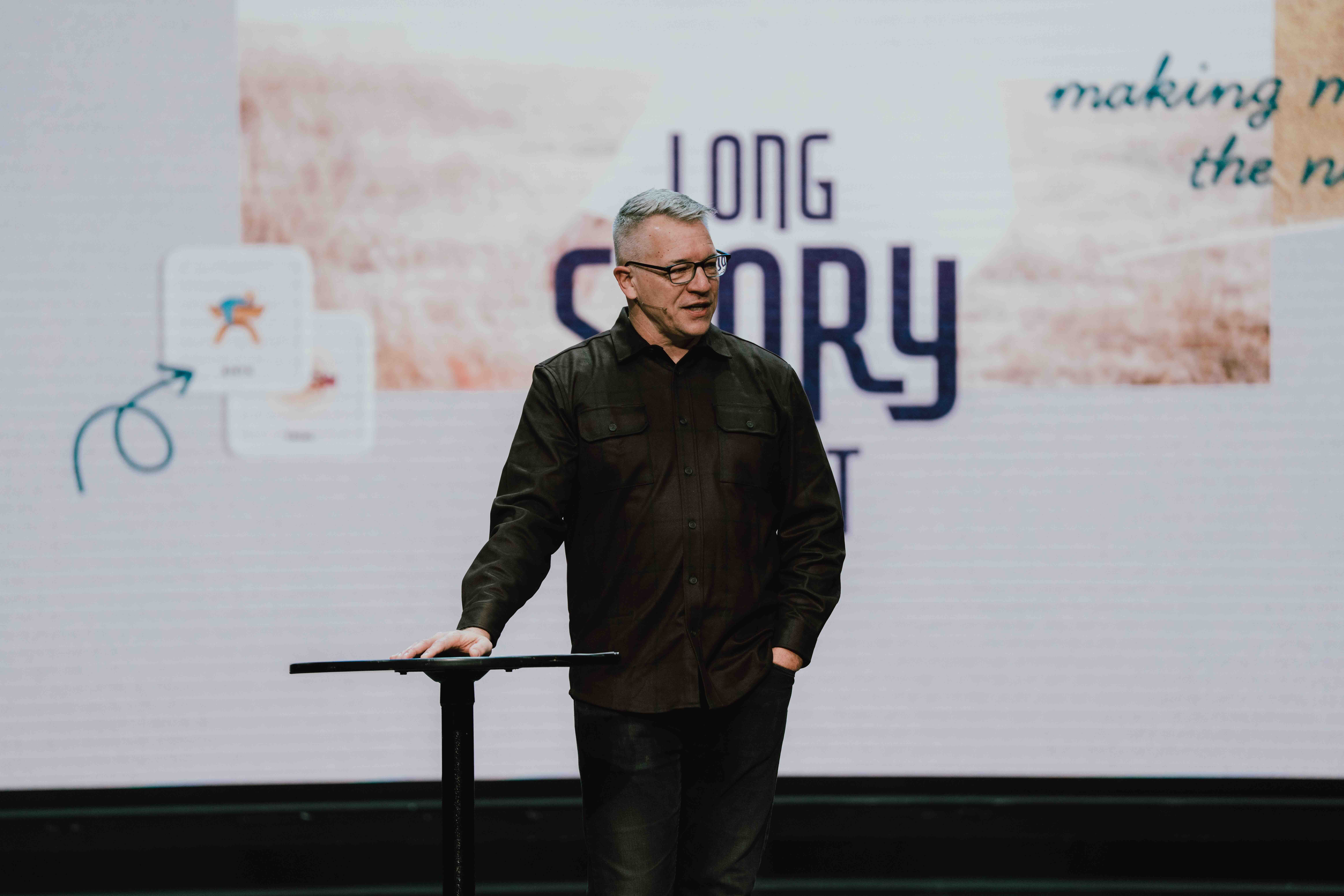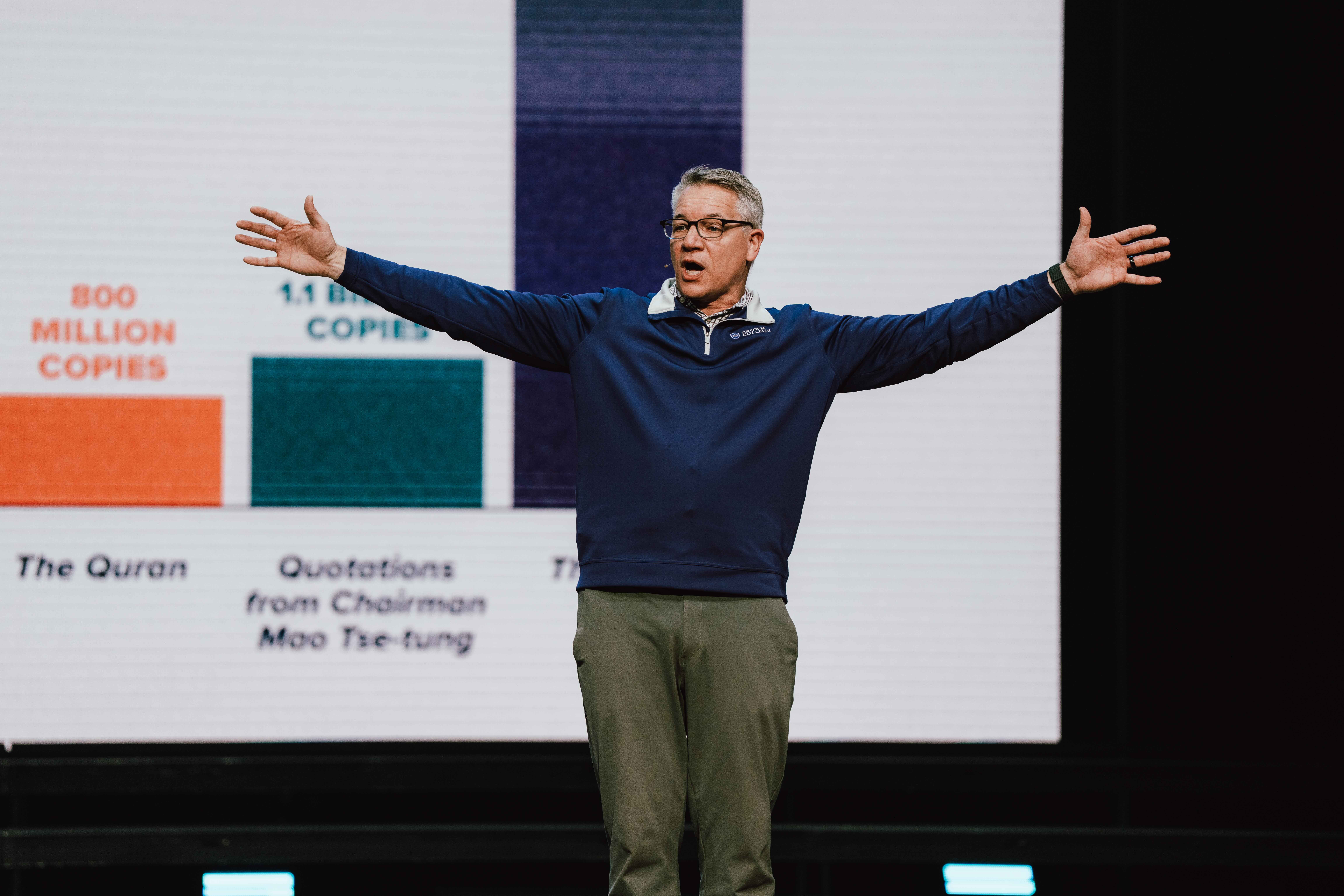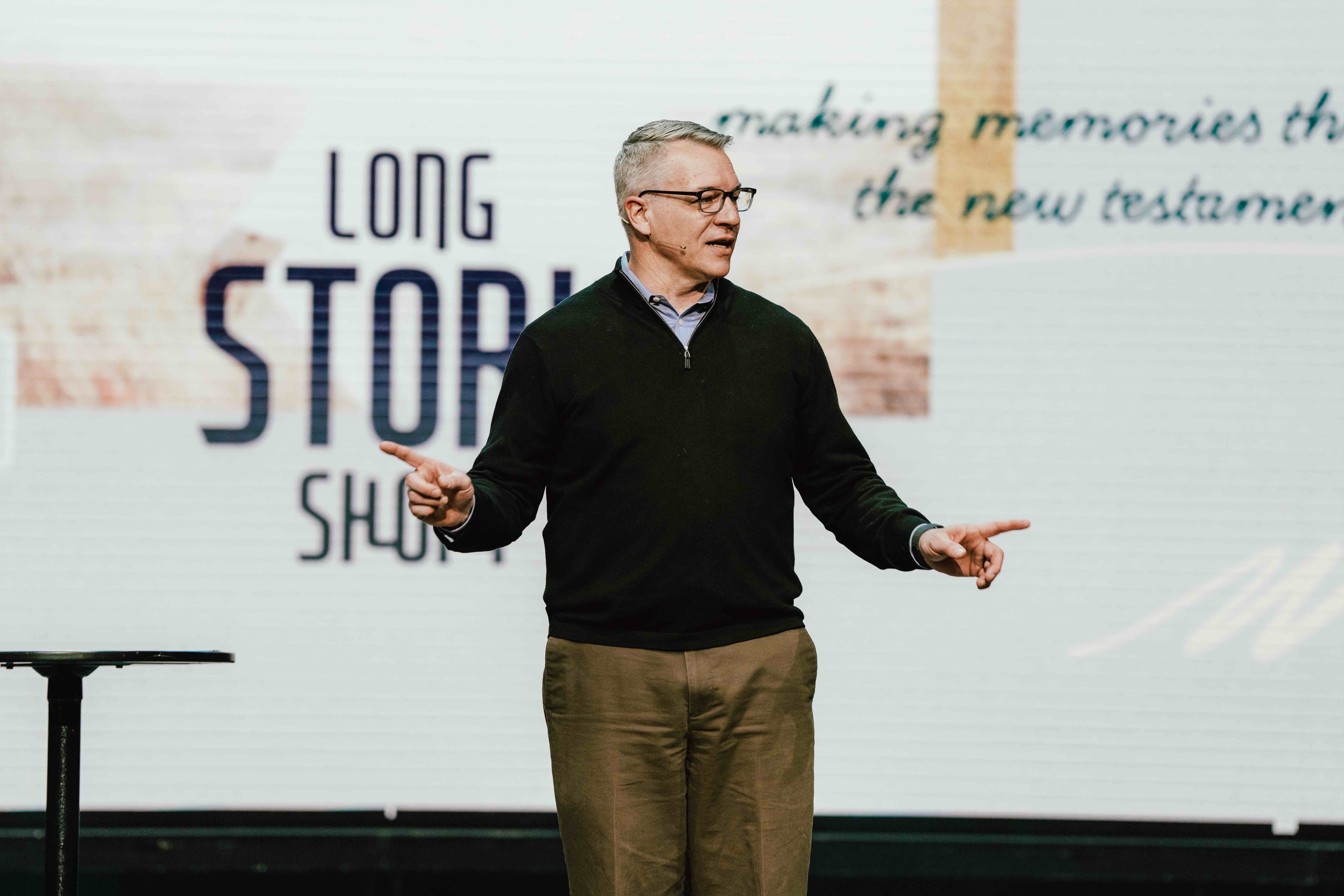When Darkness Overwhelms: Reflections on a Week of Loss

Last week left us breathless under the weight of tragedy. We paused to remember September 11th, its wounds still tender after all these years. We watched in horror as violence erupted across our nation—a young Ukrainian woman, only 23, stabbed on a subway platform; the senseless shootings in Evergreen; another tragedy in Annapolis. But nothing prepared us for the news that shattered on Wednesday morning: the assassination of Charlie Kirk, cut down at 31 while doing what he loved most—engaging young minds on a college campus.
These losses have left my heart heavy and our congregation reeling. Many of you have asked for my thoughts on these tragedies, particularly Charlie's death. After days of prayer and reflection, I offer four observations that I pray will bring both comfort and conviction.
First: We Lost a Champion of the Gospel
Charlie Kirk was many things to many people, but above all, he was a passionate evangelist. In interview after interview, when asked how he wanted to be remembered, his answer remained constant: for his faith in Jesus Christ. Whether on a university quad, a television studio, or a social media platform, Charlie seized every opportunity to share the good news. You might have disagreed with his politics or questioned his methods, but you could never doubt his love for the gospel—especially his heart for reaching young people who had never heard it clearly proclaimed.
We desperately need this kind of boldness today. My prayer is that God will raise up a generation of evangelists in Charlie's wake—men and women who are articulate yet kind, creative yet faithful, effective yet gentle in spreading His love and truth to a world that desperately needs hope.
Second: We Lost a Champion of Dialogue
Charlie Kirk believed in the power of conversation. When he visited college campuses, he didn't hide behind security or friendly crowds. Instead, he set up a microphone and invited disagreement. He moved dissenters to the front of the line and welcomed them with genuine warmth and respect. Yes, he challenged their logic and pressed their inconsistencies, but he did so with a smile and an open heart. His signs often read "Change My Mind" or "Prove Me Wrong"—not as taunts, but as genuine invitations.
He famously said, "When the talking stops, the violence begins." How prophetic those words seem now. Charlie understood that dialogue, however heated, is democracy's heartbeat. It's the antidote to the poison of violence that's spreading through our culture.
My prayer for our church—for all believers—is that we would follow his example and Peter's exhortation: "Always be ready to give an answer for the hope that you have, but do so with gentleness and respect" (1 Peter 3:15). May we become people known for listening well and speaking truth in love.
Third: We Must Confront the Violence Consuming Our Culture
Charlie's assassination—livestreamed by onlookers across social media, and replayed incessantly—forces us to face an uncomfortable truth: we are drowning in violence. This isn't the first assassination this year. State senators in Minnesota were gunned down this summer. Every weekend, Chicago's streets run red with the blood of young men whose lives barely began. School shootings have become so common that they barely make national news. Even chapel services for children aren't safe anymore.
This must stop. We must find ways to disagree without destroying each other. We must address the mental health crisis that drives people to these unspeakable acts. We must love our neighbors enough to speak boldly into their lives before darkness takes hold. We must be vigilant—watching for the warning signs, reaching out to those on the brink, finding them help before it's too late.
Fourth: We Must Return to Our Knees
Friends, this battle we're witnessing isn't ultimately about politics or policies or people. There is a real enemy at work, and he delights in division, hatred, and death. But as Paul reminds us, "Our struggle is not against flesh and blood, but against the rulers, against the authorities, against the powers of this dark world and against the spiritual forces of evil in the heavenly realms" (Ephesians 6:12).
Our weapons aren't Twitter arguments or political victories. Our weapons are truth, righteousness, peace, faith, salvation, and the Word of God. But above all, our weapon is prayer—persistent, passionate, powerful prayer for our broken nation.
If we cling to anything this week, let it be this truth: life is fragile, death is certain, and eternity hangs in the balance. The way we pray, the boldness of our witness, our love for neighbors and enemies alike—these things matter. They can change a life. They can change the world.
Jesus’ life, death, and resurrection were the guarantee that there can be victory over the darkness, over the enemy, and over death itself. We must lean into his truth.
May his legacy live on, not in the violence that took Charlie Kirk, but in the love of Jesus that drove him. May we be found faithful until that day when every knee bows and every tongue confesses that Jesus Christ is Lord—the hope Charlie lived for, the truth he died proclaiming, and the victory that death itself cannot silence.
Download Our App
Grow in your faith and build daily habits using our app.





